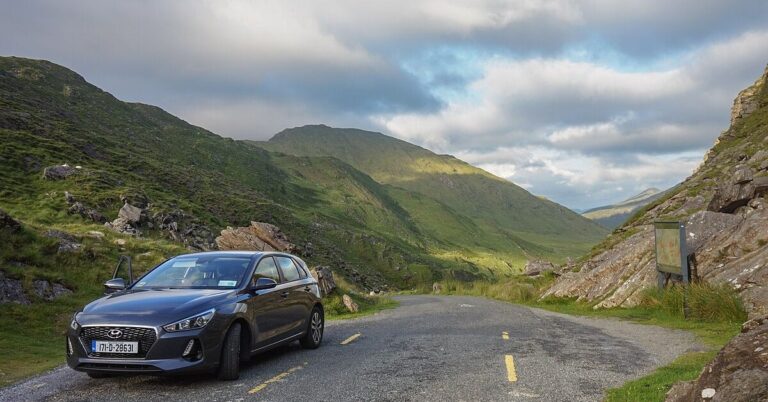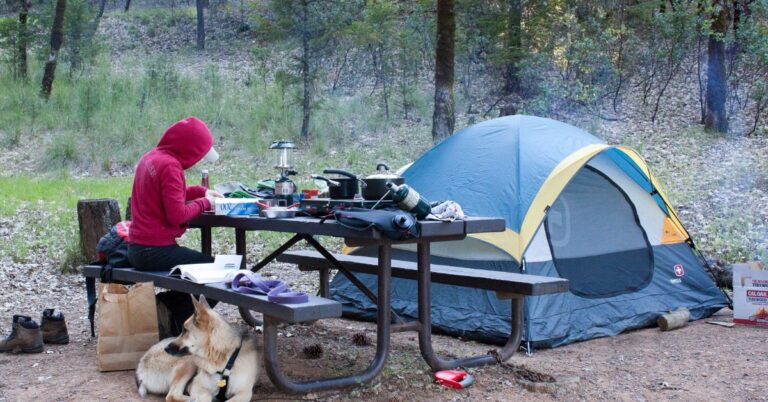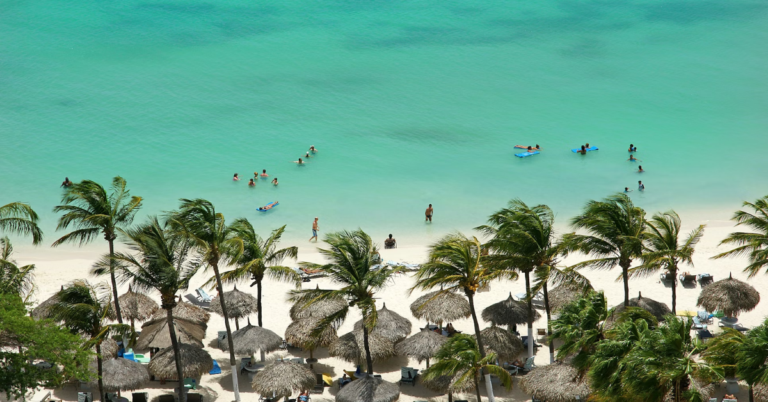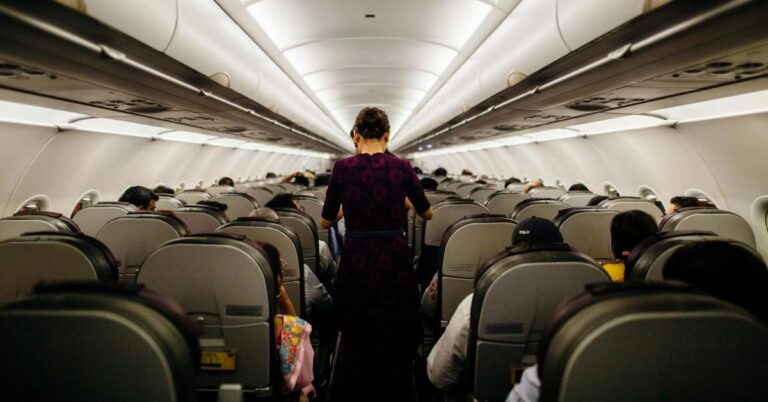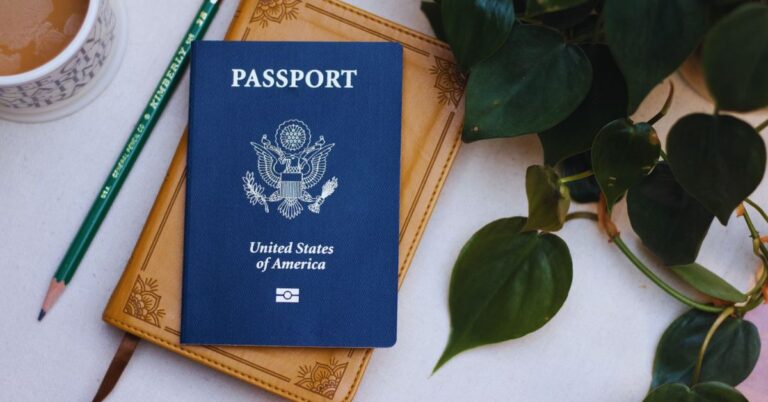What Americans Should Know About Visiting Cuba
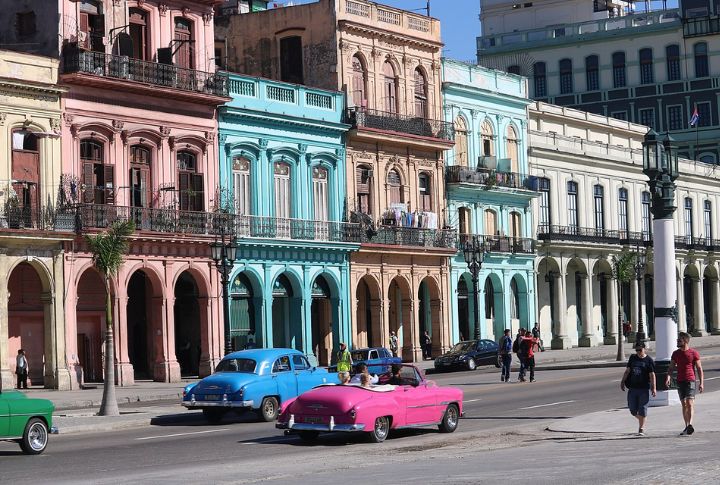
Cuba’s charm isn’t just about vintage cars and colorful streets—it’s also about navigating the fine print. U.S. travelers face unique restrictions that shape everything from flights to where they sleep. If a trip to Havana is on the radar, here’s what Americans need to know before booking that ticket.
Historical Context Of The U.S. And Cuba Travel Ban

Tensions date back to 1962 when President Kennedy’s trade embargo closed Cuba’s doors for most Americans. Decades later, in 2014, President Obama relaxed restrictions, encouraging cultural and educational trips. The rules tightened again under Trump in 2017 with the ban on “people-to-people” tours. Biden’s administration has since dialed back some of those limits but kept others.
The 12 Authorized Travel Categories

The right travel purpose can determine whether the visit remains compliant; family visits, journalism, and humanitarian aid all qualify under the 12 authorized types, but most travelers pick “Support for the Cuban People.” Airlines require Americans to state their purpose when reserving flights, and if the trip falls under a general license, no additional paperwork is needed.
Health & Safety Requirements

Preparing for a safe trip means checking health boxes, too, as Cuba requires everyone to have valid medical insurance, which can be bought through the airline or at the airport on arrival. While Cuba’s healthcare is available, it’s limited for foreigners, so many add emergency evacuation coverage for extra peace of mind far from home.
Required Documents For Entry

Before packing your bags, first confirm that your passport has at least six months remaining before it expires to avoid entry issues. Next, secure a Cuban Tourist Card—pink for direct U.S. flights—and carry proof of valid health insurance. Finally, complete the D’Viajeros Entry Form and keep the QR code ready.
How To Book Lawful Travel To Cuba

Flights can be arranged through U.S.-based airlines or authorized booking sites that comply with all regulations. Carriers such as American, JetBlue, and Delta offer direct flights to Havana. For added convenience, many choose organized tours that handle paperwork and ensure every detail remains in order.
Where Americans Can Stay In Cuba

Finding a place to stay requires some planning, as U.S. tourists are prohibited from staying in Cuba’s government-owned hotels. Instead, most visitors opt for “casas particulares,” which are welcoming private homestays that meet all compliance standards. Several Airbnb listings qualify, too, but it’s wise to double-check the State Department’s restricted list.
Money Matters & Compliance

Money in Cuba takes a different approach for Americans. U.S. credit and debit cards are not accepted due to sanctions, so a sufficient amount of U.S. dollars must be brought to cover the entire stay. Keeping receipts and an activity log proves that the travel meets an authorized purpose, and all records must be kept for five years.
Entry And Exit Procedures
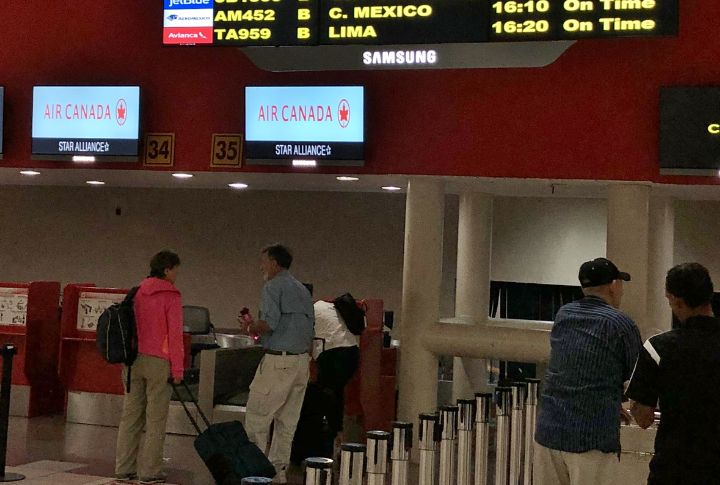
Arrival in Cuba requires a quick checklist: fill out customs and health forms and keep the Tourist Card easily accessible. Border agents might ask about the travel category, so be ready to explain. In contrast, flying home brings no extra hassle, as departure taxes are already included in most tickets.
U.S. Government Resources For Travelers
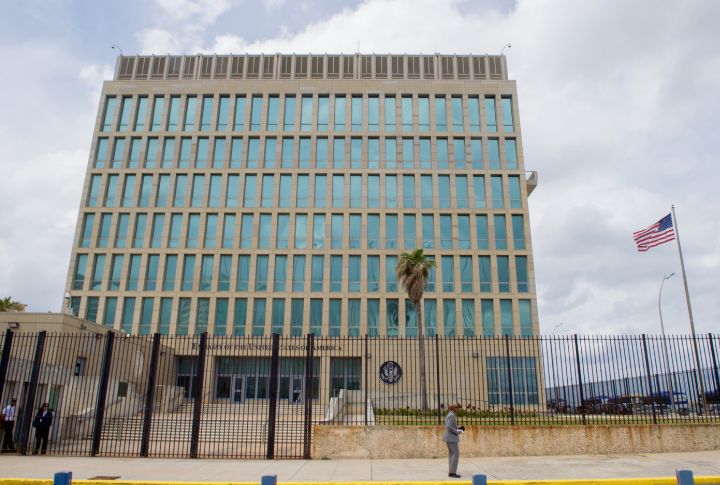
Support stays close if issues pop up abroad. The U.S. Embassy in Havana handles emergencies, while the State Department keeps tourists updated on rules and restricted hotels. OFAC also shares fresh guidance on Cuba sanctions. For added security, Americans can register with the embassy to receive real-time alerts and quick help if needed.
Internet Access And Communication Challenges
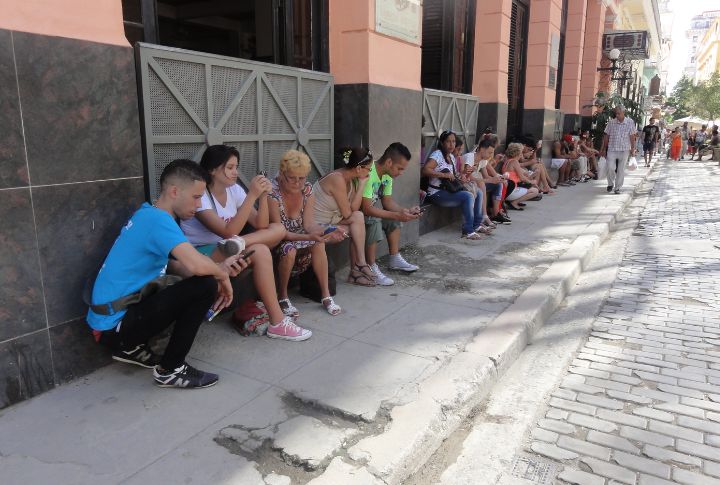
Connecting online in Cuba isn’t always easy since internet service is limited and unreliable across the island. Many visitors opt for public Wi-Fi hotspots or book private homes that offer access. Because U.S. mobile carriers might not work there, travelers bring VPNs to browse securely and protect their information during their stay.
Cultural Etiquette And Local Engagement
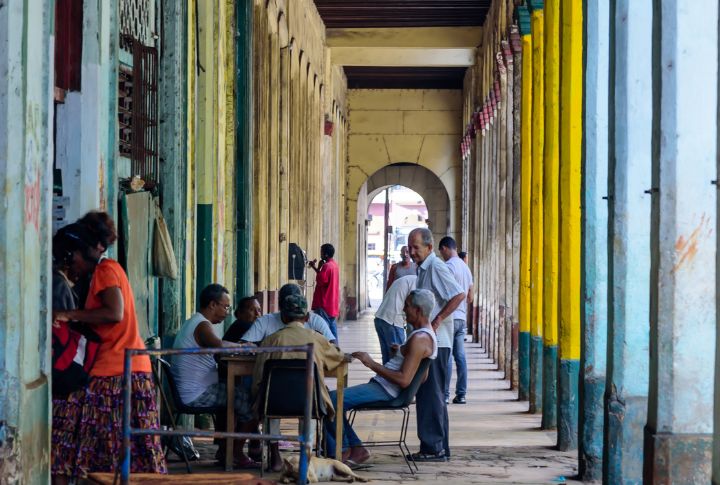
A warm smile and a few Spanish phrases help Americans connect genuinely with Cubans, who value friendly, respectful exchanges. To fit in, guests should dress modestly and refrain from engaging in heated political debates during conversations. Tipping is a part of daily life and is always appreciated, as it reinforces trust and goodwill throughout each local interaction.
Risks, Penalties, And Enforcement Realities

Technical breaches of Cuba travel rules can carry penalties; however, enforcement remains rare for casual visitors in practice. Those who adhere to a permitted category and maintain proper records typically have no issues. The U.S. government hasn’t prosecuted typical travelers in years, so staying compliant helps sidestep any lingering uncertainty.
Best Time To Visit Cuba
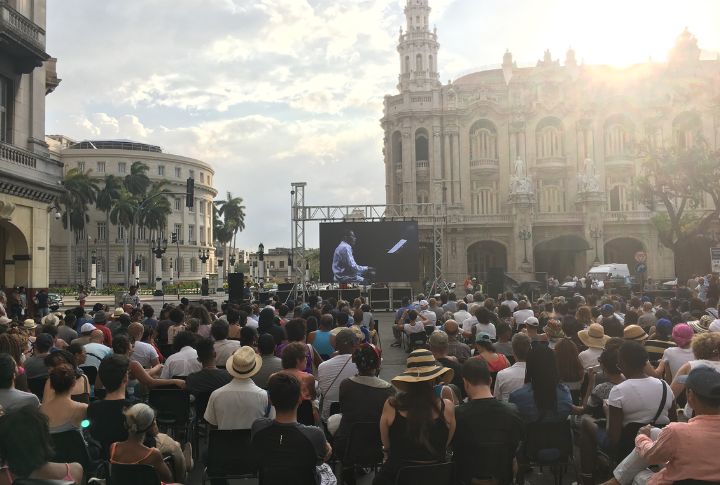
A trip to Cuba during its dry season, from November to April, rewards visitors with minimal rainfall and excellent outdoor adventures. Winter crowds swell during festivals such as the Havana Jazz Festival and the Habanos Cigar Festival. Between April and June, good weather meets fewer tourists and better deals, though summer’s heat and crowds can feel intense.
Popular Destinations Americans Can Visit In Cuba

From Havana’s live music and historic streets to Vinales Valley’s limestone hills and organic farms, Cuba shows many sides. Trinidad charms with its colonial architecture and vibrant art scene, while Varadero draws beach lovers to its soft, white sand and crystal-clear waters. For their rich cultural heritage, Cienfuegos and Santiago de Cuba stand out with deep Afro-Cuban roots.
Bringing Back Souvenirs And Goods
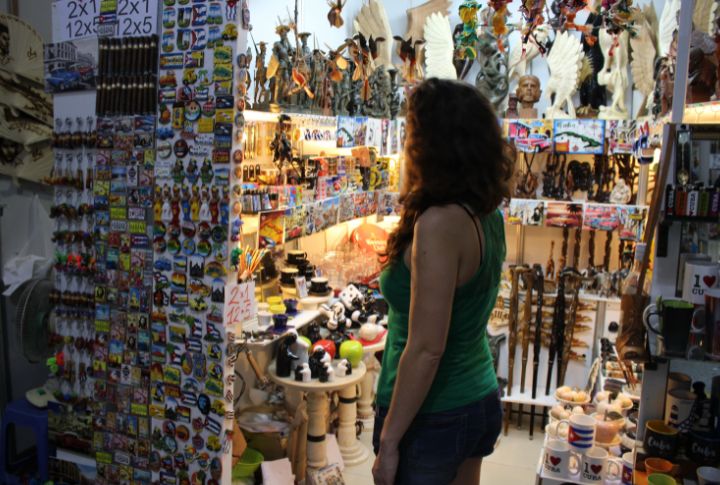
Shopping in Cuba requires a little thought if you’re an American visitor. Art, music, and handmade crafts are welcome to take home, but certain goods—like rum and cigars—face restrictions. Items must be for personal use, and receipts help avoid issues at U.S. customs. Double-check current allowances before packing your suitcase.

